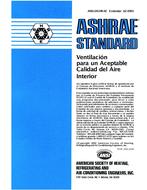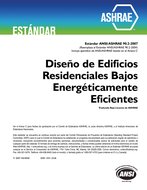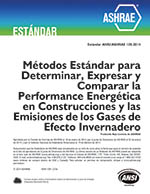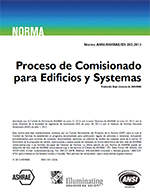Description
Fresh air ventilation is critical for maintaining healthy indoor environments and air quality standards. This imposes significant heating, cooling, and dehumidification loads on building HVAC systems, because when indoor air is rejected, the incoming fresh outdoor air that replaces it must be conditioned. To improve the energy efficiency of ventilation, membrane-based energy recovery ventilation (ERV) can be used as an effective means of recovering both the latent and sensible energy from building exhaust via water vapor transport and heat transfer across gas permeation membranes. In this paper we demonstrate the latent energy savings obtained by using a laboratory-scale hollow fiber polydimethyl siloxane membrane ERV system (sensible savings are neglected). Latent energy savings are compared against the energy input required to move air through the ERV module. The concept of net latent energy savings is introduced, and normalized over membrane area to provide a useful measure of ERV performance. Normalized net latent energy savings of up to 2.45 W/m2 (0.78 BTUh/ft2) are experimentally observed. We demonstrate that careful ERV membrane sizing can be used to maximize energy savings per unit membrane area, and thereby improve ERV cost effectiveness. To illustrate, experimental results are extrapolated to case studies for 10 cities throughout the United States, and energy savings and optimal sizing are shown to be unique to local climate. Implications for future ERV research and development are discussed.
Citation: 2021 Virtual Conference Papers
Product Details
- Published:
- 2021
- Number of Pages:
- 8
- Units of Measure:
- Dual
- File Size:
- 1 file , 1.3 MB
- Product Code(s):
- D-VC-21-C042




